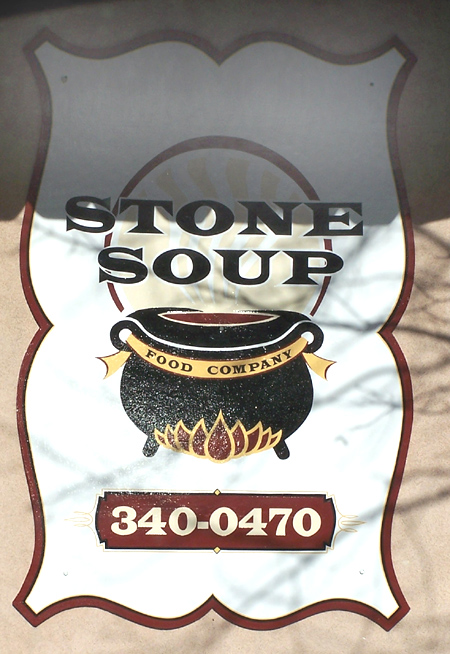Did you catch the news today that economic developers in the county are looking to send manufacturers from the area on a trade mission to China?
An “Ulster County Business and Trade Mission to China” is being formed to send business representatives to China in May to tap that country as a direct export partner. The intentions of such a mission are good, but the timing is way off.
As reported last week, the Institute for Supply Management said its manufacturing index set a 28-year low. The index tracks new orders, production, inventories, prices and exports, among other things.
Simply put, this is the wrong time to look for opportunities in China. The bulk of goods found here are sourced from China, which faces — for the first time ever — overcapacity. This means they have too many factories and goods to meet current demands in China as well as globally.
As U.S. retailers just experienced the worst holiday shopping season in four decades, stores remain full of unsold inventories. Consumer spending is expected to slowly bounce back, perhaps later this year, according to a recent interview I held with Alan Sellitti of consulting and accounting firm BDO Seidman. “It will be slow, and the promotional activity at retail will continue for some time,” he said.
Perhaps a better use of time, energy and resources by economic developers would be finding regional markets that can benefit from Ulster County’s goods. Targeting smaller markets such as New York City, Boston and Chicago would require more creativity, but shipping goods to these places instead of overseas would result in better margins.
Better yet, why not pool resources and open direct-to-consumer outlet stores of Ulster-only goods? Imagine being a tourist visiting a shop in NYC that sells Ulster County wine, beer, meats, gifts (such as Woodstock Chimes), pottery and art? The store could have books by local authors, and promotional material to attract people to the area.
In fact, why not set up Ulster County kiosks that feature our products from NYC to Albany, along the thruway? This would replace the tired brochures that are at the rest stops now.
In the meantime, it might be better to wait for market conditions to improve before sending a trade mission to China.
— Arthur Zaczkiewicz

 Midtown East has new eats: The Stone Soup Food Company.
Midtown East has new eats: The Stone Soup Food Company.